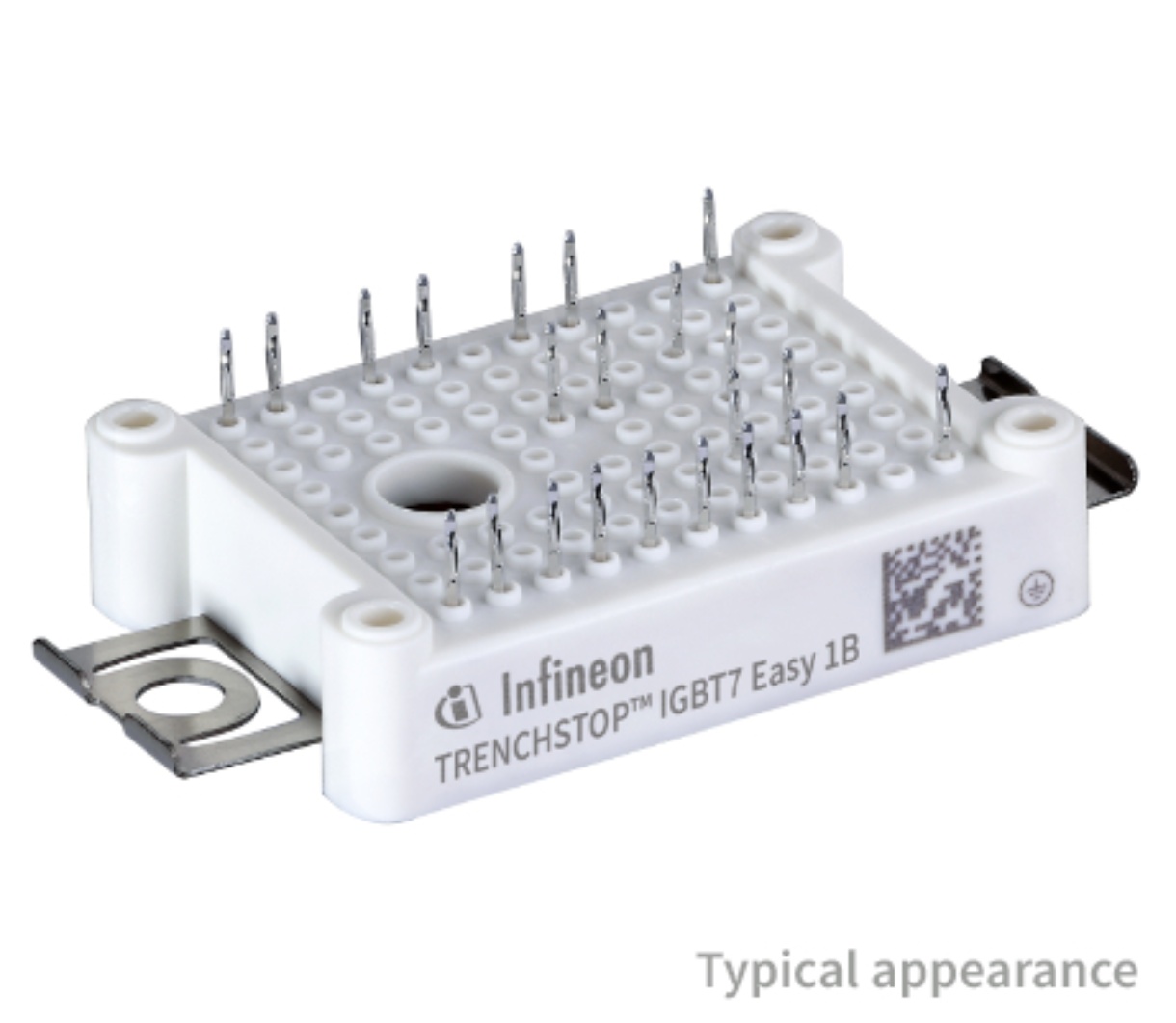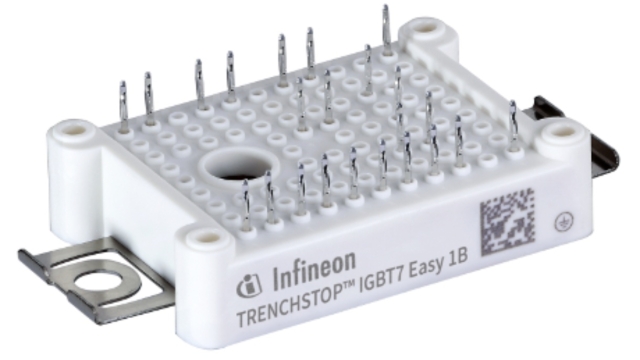
In the world of power electronics, IGBT modules play a crucial role in various applications, from renewable energy systems to industrial machinery. Understanding the ins and outs of these components is key to unlocking their full potential and optimizing their performance.
IGBT modules, short for Insulated Gate Bipolar Transistor modules, serve as the bridge between high-voltage power sources and the electronic control systems that manage and regulate power flow. By leveraging the unique characteristics of IGBT technology, these modules offer a balance of high switching speed and high power handling capabilities, making them ideal for demanding environments where efficiency and precision are paramount.
Benefits of IGBT Modules
IGBT modules offer enhanced efficiency through their low conduction losses and high switching speeds. This results in reduced power dissipation and improved performance, making them ideal for high-power applications like motor drives and renewable energy systems.
Another key benefit of IGBT modules is their ability to handle high voltage and current levels, providing robustness and reliability in demanding environments. This makes them well-suited for use in industrial equipment, transportation systems, and power supplies where maintaining consistent operation is crucial.
Furthermore, IGBT modules enable precise and flexible control of power flow, allowing for smooth modulation of voltage and current levels. This level of control not only enhances system stability but also enables energy savings and optimized efficiency in various power electronics applications.
IGBT Module
Applications of IGBT Modules
IGBT modules find wide applications in various industries, including renewable energy systems. These modules are crucial components in inverters used for converting DC power from solar panels or wind turbines into AC power for residential and commercial use. The high efficiency and switching capabilities of IGBT modules make them ideal for optimizing power conversion in renewable energy applications.
In the automotive industry, IGBT modules play a vital role in electric and hybrid electric vehicles. These modules are used in motor drives, battery management systems, and charging infrastructure. With the demand for electric vehicles on the rise, the reliability and performance of IGBT modules are essential for the efficient operation of these vehicles.
Industrial automation is another area where IGBT modules are extensively utilized. From motor drives and power supplies to welding equipment and robotics, these modules enable precise control of electrical power in various automated processes. The ability of IGBT modules to handle high voltage and high current makes them indispensable in improving productivity and efficiency in industrial automation systems.
Future Developments in IGBT Technology
As technology continues to advance, the future of IGBT modules looks promising. One key area of development is in reducing power losses and increasing efficiency. Manufacturers are working on innovative designs to achieve higher power density and improved thermal performance.
Another exciting aspect of future IGBT technology is the integration of advanced control features. Incorporating intelligent monitoring and diagnostic capabilities within the module will enhance system reliability and provide real-time feedback for optimal performance.
Furthermore, research is being conducted to push the limits of voltage and current ratings in IGBT modules. By exploring new materials and manufacturing techniques, engineers aim to develop IGBTs with even higher voltage and current handling capabilities, opening up new possibilities for power electronics applications.





